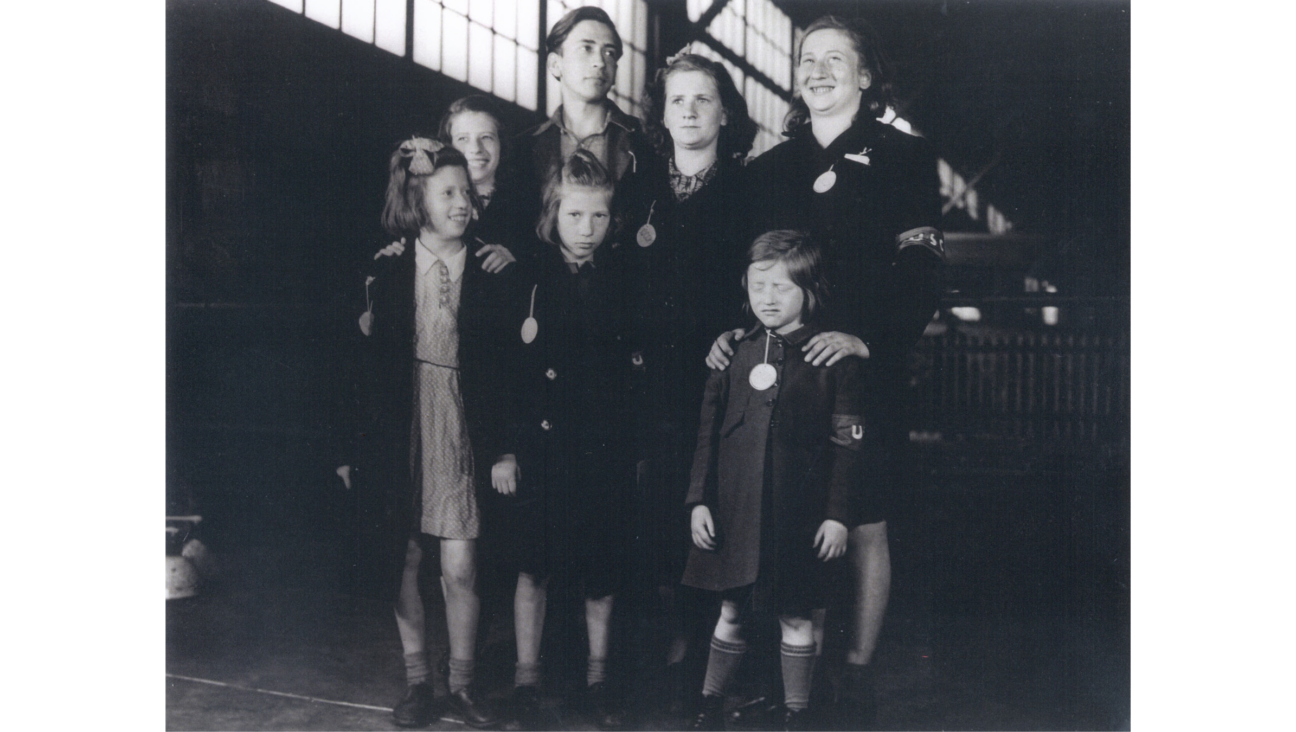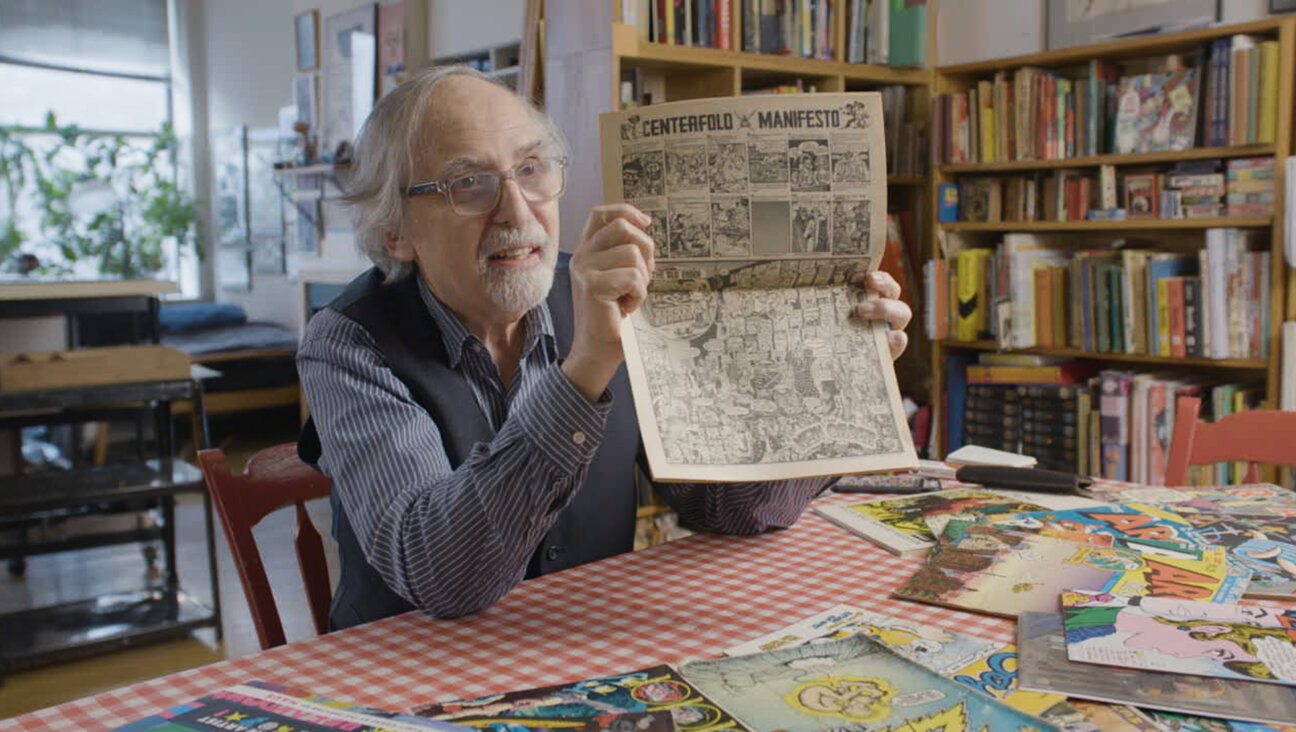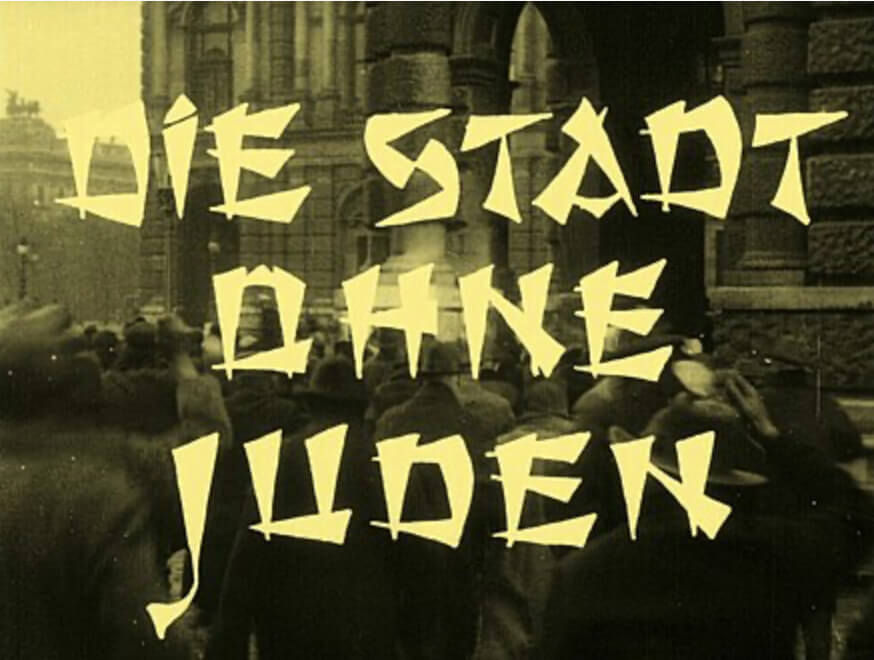Can we separate Roman Polanski’s excellent new film from its director’s contemptible past?

An Officer and a Spy
“An Officer and a Spy,” Roman Polanski’s 2019 movie about the Dreyfus Affair, is spare, modern and steeped in controversy. If it weren’t for the horses and high boots, you’d forget you’re watching the past. If it weren’t for the fact that Polanski directed it, you would have seen it by now.
The movie does away with the stuff of historical drama – sweeping scores, gauzy scenery, stilted language in sumptuous rooms. All that is replaced by a “Chinatown” vibe: close quarters, muted voices, flashes of brutal violence. Bit by bit, the hero spades away at lies big and small until he uncovers something astonishing: his conscience.
The movie also speaks directly to today’s issues. How prejudice perverts institutions, how all the cogs of conscience, politics and luck have to line up to reverse one clear injustice, how any “ism” can become, yes, “systemic” — the themes are as contemporary as the frank, unsentimental storytelling.
“An Officer and a Spy” opens on a parade ground in Paris, where soldiers line up to see Captain Alfred Dreyfus stripped of his rank before he is sent to serve out his 10-year sentence for treason on Devil’s Island.
One witness, Dreyfus’s commanding officer Georges Piquart, watches the humiliation through a spyglass and reports with satisfaction to his fellow officers that Dreyfus looks, “like a Jewish tailor, weeping over his lost gold.”
Picquart, it turns out, is the film’s hero. That’s right — a movie about one of the most important instances of modern antisemitism is pretty much Judenrein. Robert Harris, who wrote the screenplay as well as the book on which it is based, was smart to realize that Dreyfus was far from the most interesting person in his affair. At least in Harris’s version, Dreyfus is dull and unemotive, the least Jewish Jew in all of France. The better hero is Picquart, who risks his career, social standing and his life to right a grievous wrong.
The limitation of that approach is that the historical sweep of the Dreyfus Affair goes understated: how it rocked the French-Catholic establishment, helped energize liberal republican forces as well as European antisemitism, and led the Viennese journalist Theodor Herzl, who witnessed Dreyfus’s degradation, to launch a movement called Zionism. Polanski keeps the focus on Picquart and his detective work, turning what could have been a history lesson into a thriller.
Picquart, played perfectly by Jean Dujardin, keeps picking at the proper, honorable patina of fin de siècle France, exposing all the corruption, ignorance, violence and vice, including his own. When the haughty officer whom Picquart pegs as the true spy confronts him, saying, “I want satisfaction!” a thoroughly jaded Picquart replies, “Ask your whores.”
In the end, when Picquart wins Dreyfus’s exoneration, there is no swelling orchestra or cheering crowds. As in “Chinatown,” as in “The Pianist,” winning doesn’t mean vanquishing evil, just barely surviving it. The damage is already done. Polanski, a Holocaust survivor, knows this better than anyone.
And what about Polanski, the elephant/rapist in the room? It is impossible to watch such an extraordinary film and not feel like the director is a character in the drama as well, and a problematic one at that. The film, which premiered at the Cannes Film Festival and won numerous European awards, has yet to find a distributor in the United States.
That’s because in 1978, Polanski fled the U.S. after pleading guilty to unlawful sexual intercourse with a 13-year-old girl. He has evaded extradition since then. Since 2019, six women have publicly accused Polanski of rape, harassment or sexual abuse, including former French model and actor Valentine Monnier, who said Polanski beat and raped her in a ski chalet in 1978 when she was 18 and he as 42.
Polanski denies these accusations. In fact, like most perpetrators, he sees himself as a victim. In a 2019 interview, he said he has been hounded by the same “apparatus of persecution” that felled Dreyfus.
That’s ludicrous, and a disgrace. Dreyfus was completely innocent. By his own admission, Polanski is guilty. He needs to pay the price for his actions and face his current accusers.
But people should watch this movie, for the same reason people should keep engaging with the works of a long list of artists, dead or alive, who’ve done reprehensible things. It is a great work of art with something to say, something both urgent and lasting. The Atlantic writer Rachel Donadio, who gave the movie a glowing report, said it was difficult “to separate the ethics from the aesthetics” when watching the movie.
But it’s not really: Polanski’s ethics are contemptible. “An Officer and a Spy” is superb.
Rob Eshman is national editor of the Forward. He is @foodaism or [email protected].
A message from our Publisher & CEO Rachel Fishman Feddersen

I hope you appreciated this article. Before you go, I’d like to ask you to please support the Forward’s award-winning, nonprofit journalism so that we can be prepared for whatever news 2025 brings.
At a time when other newsrooms are closing or cutting back, the Forward has removed its paywall and invested additional resources to report on the ground from Israel and around the U.S. on the impact of the war, rising antisemitism and polarized discourse.
Readers like you make it all possible. Support our work by becoming a Forward Member and connect with our journalism and your community.
— Rachel Fishman Feddersen, Publisher and CEO






























